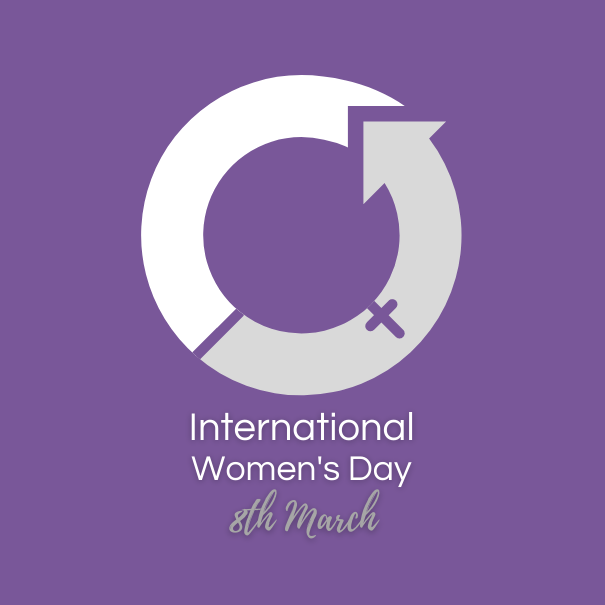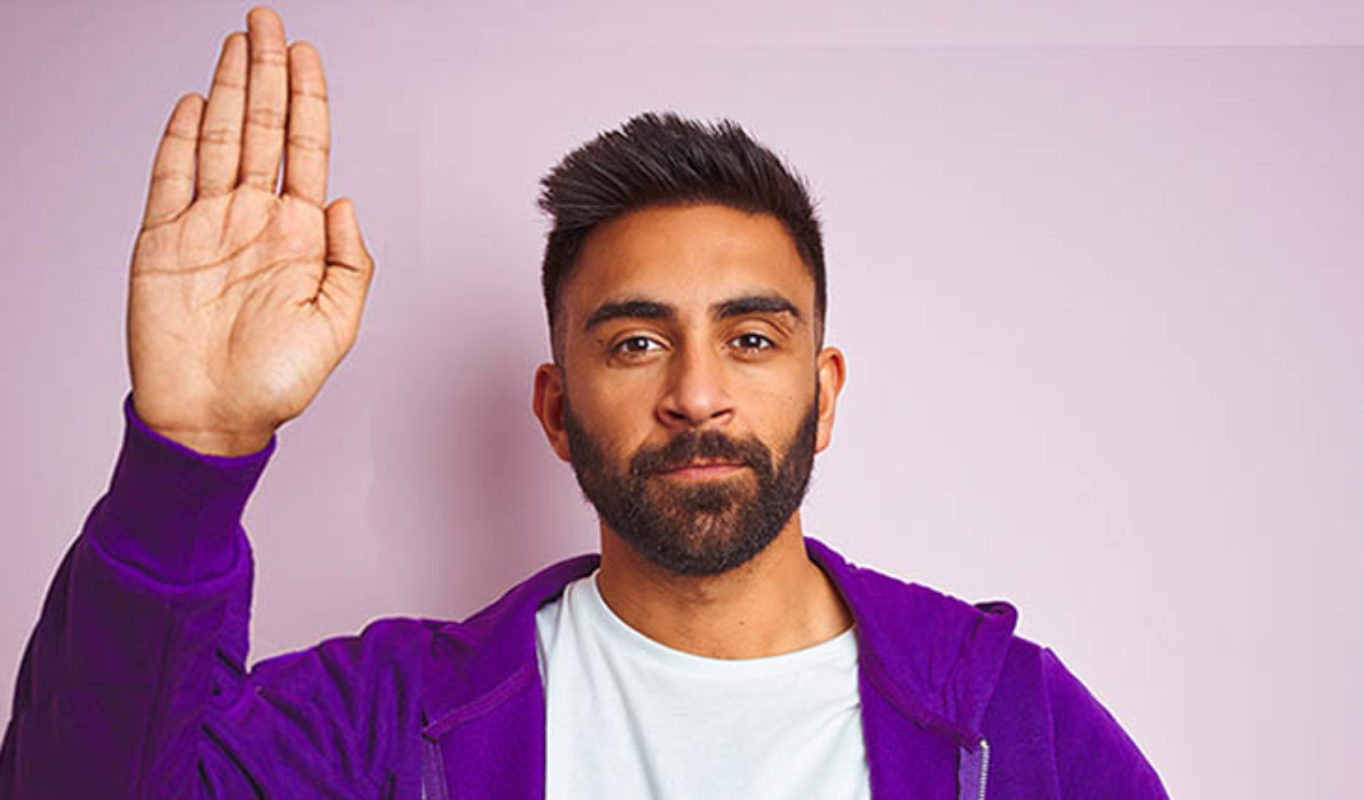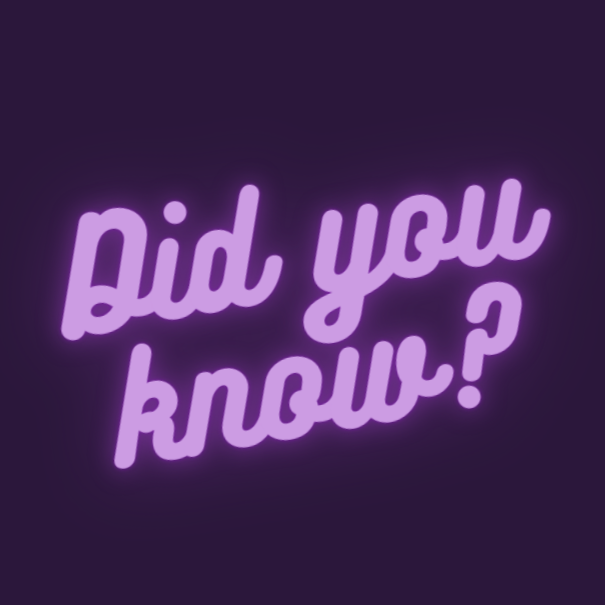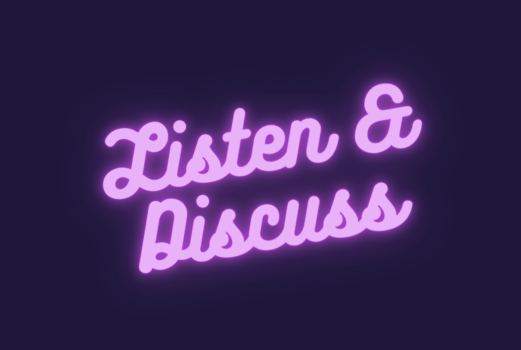Women's History Month 2022
Women's History Month is an annual declared month that highlights the contributions of women to events in history and contemporary society. The month long celebration dates from the 1980s, when the American-based National Women’s History Alliance noticed that only about 3% of the contents of history textbooks were about women. They were concerned about the message that this imbalanced representation gave children and students - i.e. that women don’t do anything interesting.
Since then, the celebration of WHM has spread to Australia, Russia, Canada, and the UK. In America, Australia and the UK, it ties in with the longstanding celebration of International Women's day, which is the 8th March annually, but Canada celebrates WHM in Oct, to tie in with Persons Day, the October anniversary of a 1929 legal case in which it was decided that women were eligible to sit in the Senate of Canada.
Each year has a theme - the 2022 theme: “Providing Healing, Promoting Hope,” is both a tribute to the ceaseless work of caregivers and frontline workers during this ongoing pandemic and also a recognition of the thousands of ways that women of all cultures have provided both healing and hope throughout history.
International Women's Day: 8th March
International Women's Day (IWD) is a global day celebrating the social, economic, cultural and political achievements of women. The day also marks a call to action for accelerating gender equality. It started in 1909, and five years later, in 1914, the date settled on 8th March. It was adopted by the United Nations in 1977 and is now recognised around the world. On this day, we see groups come together all over the world to celebrate women's achievements or rally for women's equality. IWD is one of the most important days of the year to celebrate women's achievements, raise awareness about women's equality, lobby for accelerated gender parity, and fundraise for female-focused charities.
The 2022 theme (different from that of WHM) is “#BreakTheBias”. Individually, we're all responsible for our own thoughts and actions - all day, every day. We can break the bias in our communities, workplaces and educational settings. Together, we can all break the bias - on International Women's Day (IWD) and beyond.

Don’t Women Have Equality now?
Legally, yes – it is against the law to discriminate on the basis of sex. In practice – no. Statistics show that women are still a long way from achieving equality with men. At the top of society, women make up 32% of MPs (and even fewer ministers), only about a quarter of judges, top company directors and top journalist or media editors. At the bottom of society, women (especially single women) are more likely to be in poverty than men, and the UK gender pay gap at April 2020 was 15.5%.
Women’s inequality is not just financial or work-related. In the UK, two women every week are killed by their partner. 89% of all reported domestic violence is by a man against a woman, and the police receive a call every minute about domestic violence. Each year in the UK over a thousand young women are forced into marriage against their will. Each year, about 60% of women and girls between the ages of 13-21 experience sexual harassment.
Is there an International Men’s Day?
Yes, in November – started in 1992.
IWD 2022 campaign: #BreakTheBias
A challenged world is an alert world. Individually, we're all responsible for our own thoughts and actions - all day, every day.
We can all choose to challenge and call out gender bias and inequality. We can all choose to seek out and celebrate women's achievements. Collectively, we can all help create an inclusive world.
From challenge comes change, so let's all choose to challenge.

Did You Know?
New Zealand, in 1893, was the first independent country to give women the right to vote. In the UK, the vote was finally given to all women on an equal basis to men in 1928. Switzerland only gave women the vote in 1971, and this was not fully implemented until 1991. Saudi Arabia was the last country to give women the vote, which was as recently as 2015.
Every country in the world that holds elections (some don’t have elections) now legally allow women to vote, but in a surprisingly large number countries women are still prevented from voting, by culturally accepted control measures including coercive control, physical violence and sexual violence if they attempt to exercise their right.

DO & DISCUSS
You are invited to participate in a range of thought provoking activities throughout Women's History Month and discuss them in your community meetings or with your team. Follow the links below for some ideas to get you going.

Women That Changed History: BBC Teaching Resources
The good old BBC have pulled together this great compilation of short films about significant women through History, aimed at a range of ages. Amelia Earhart the courageous, record breaking pilot, Florence Nightingale, the founder of modern nursing, Emmaline Pankhurst and the suffragettes, these are just three from a huge selection.
They've also included a load of teaching resources and ideas for discussion that you can pick from to get the conversation going.

Rebel Women and Female Pirates
One for an adult audience - discover the untold histories of female pirates and 'badass women' through the ages.
Drawing on the knowledge of writers, performers and academics involved, this is a look at the trailblazers who forged their own future in an overwhelmingly male-dominated society.
The series of (Zoom) talks throughout March sheds new light on female pirates and women in combat, from Grace O’Malley – the 16th century 'Mistress of the Western Waves' – to pirates Anne Bonny and Mary Read, all of whom pushed gender and sexual boundaries on the high seas.
The month ends with a different kind of piracy, celebrating the women at the heart of the pirate radio boom of the 1980s and 90s.
Talks are free but you must sign up via Eventbrite to receive the Zoom link and event details.

A Journey Into Witchcraft Beliefs
Travel with us from the pre-Christian world to the burial mounds of the English landscape, where an underworld of elves, demons and familiars came alive in the popular imagination. Out of these murky beginnings, we discover how the witch became the subject of the chilling persecutions of the 16th and 17th centuries.
Want to see something different?
We are always looking for feedback! If you think we are missing the chance to shout about something great that is going on, let us know!
Send us your feedback